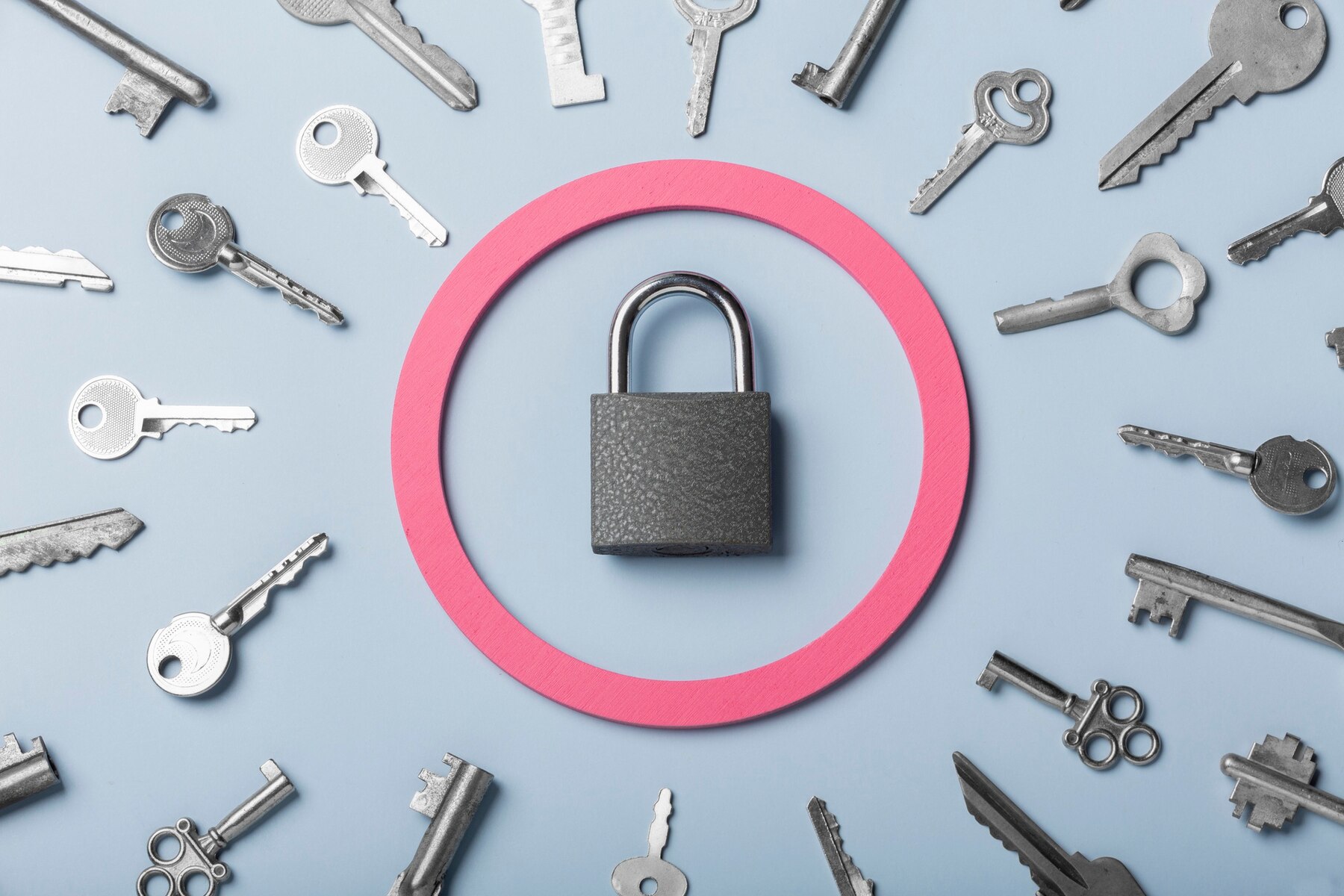
The United Kingdom has discreetly instructed Apple to construct a backdoor, allowing British security officials access to encrypted cloud storage data of Apple users globally. This directive, issued under the U.K.’s Investigatory Powers Act 2016, commonly referred to as the Snoopers’ Charter, targets Apple’s Advanced Data Protection feature. This opt-in feature provides end-to-end encryption (E2EE) for iCloud backups, ensuring only Apple customers can access their device’s information stored on iCloud.
Apple’s advanced iCloud encryption feature is designed to prevent even Apple from accessing customer data. However, if Apple complies with the U.K. order and removes this feature for its U.K. users, the repercussions could extend worldwide. Privacy advocates are raising alarms about the potential global impact of such a move.
Privacy Advocates Warn About Dangerous Precedent
Thorin Klosowski, a privacy activist with the Electronic Frontier Foundation, labeled the order an “emergency for us all.” The foundation further emphasized the broader implications:
“The lesson will be repeated until it is learned: there is no backdoor that only lets in good guys and keeps out bad guys,” – Electronic Frontier Foundation.
Security and privacy advocates fear that this demand could set a dangerous global precedent, making it easier for authoritarian regimes and cybercriminals to exploit any vulnerabilities created. The Computer & Communications Industry Association (CCIA) has also voiced concerns over the order, citing recent cyberattacks by the “Typhoon” group of Chinese-backed hackers as evidence of its flaws.
“Decisions about Americans’ privacy and security should be made in America, in an open and transparent fashion, not through secret orders from abroad requiring keys be left under doormats,” – CCIA.
The attacks carried out by the Typhoon group targeted major phone and internet providers, including AT&T and Verizon, underscoring the risks of implementing such backdoors. These incidents highlight why privacy advocates argue against creating vulnerabilities that others can exploit.
The U.K. government has refrained from commenting on these reports but has historically contended that E2EE poses challenges for gathering digital evidence in criminal prosecutions and collecting intelligence for national security purposes. In response to past governmental plans to enhance surveillance powers, Apple warned that its encrypted communication services like FaceTime and iMessage might also be at risk in the U.K.
Apple’s Likely Response and Global Encryption Standards
In light of the secret order, The Washington Post reported that Apple is likely to withdraw its iCloud encryption feature from users in the United Kingdom, rather than compromise global encryption standards.
The ramifications of this decision are profound. Security experts warn that any backdoor designed for government use could inevitably be exploited by hackers and other governments, which could jeopardize user privacy worldwide. The CCIA strongly criticized the U.K.’s approach, emphasizing that policies should enhance security rather than diminish it.
“It’s time for all of us to recognize this, and take steps to ensure real security and privacy for all of us,” – Electronic Frontier Foundation.
Author’s Opinion
The U.K.’s covert order for Apple to build a backdoor into its encryption system raises serious concerns about the future of digital privacy. While national security is often cited as the justification, the risk of such vulnerabilities being exploited by malicious actors—whether hackers, authoritarian regimes, or others—cannot be overstated. This move sets a dangerous precedent that could undermine global privacy standards and put users at risk. It’s critical that governments prioritize user security and privacy, ensuring that policies designed to protect us do not inadvertently create new threats.
Featured image credit: Freepik
Follow us for more breaking news on DMR
